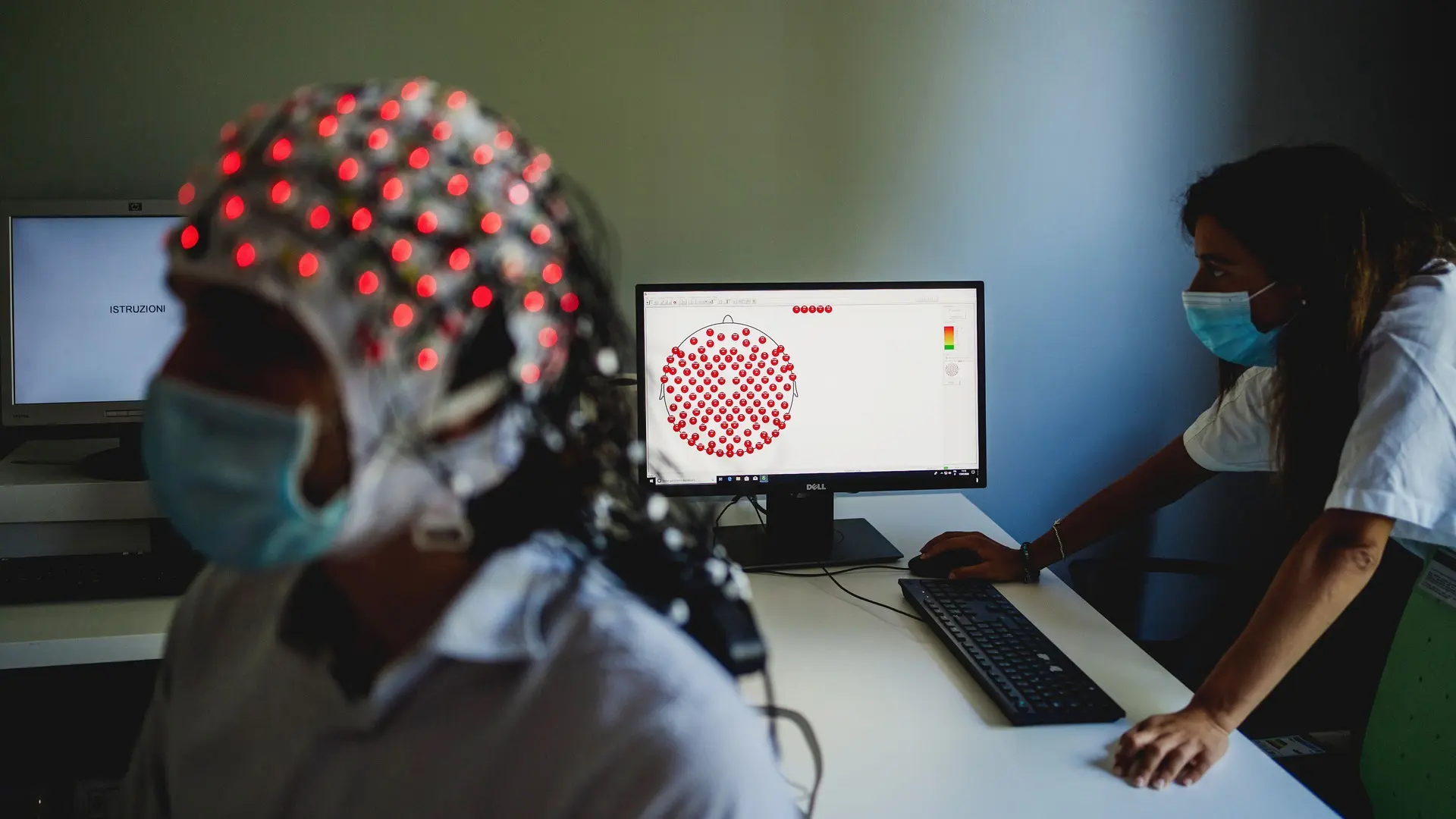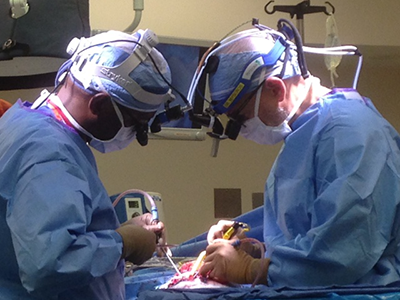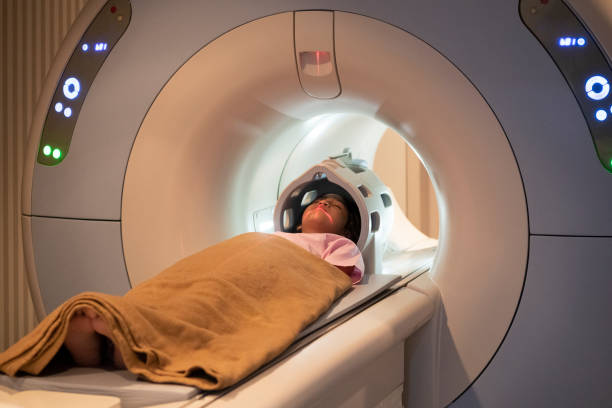1 Out of 100
The estimated prevalence of Autism Spectrum Disorder (ASD) in India, indicating that approximately 1% of the population is affected by ASD.
30 Million
It is estimated that around 30 million people in India are affected by ASD
4 Times
ASD is diagnosed four times more frequently in boys than in girls in India, with boys being more commonly affected by the disorder.

Around 80%
Around 80% of children with ASD in India do not receive appropriate medical or educational interventions due to factors such as lack of awareness, limited resources, and stigma.
7.3 Years
The average age of diagnosis for children with ASD in India is approximately 7.3 years, indicating a delay in identification and intervention compared to global standards.
Nearly 70%
Nearly 70% of adults with ASD in India are either unemployed or underemployed, facing challenges in accessing suitable employment opportunities and support services.









